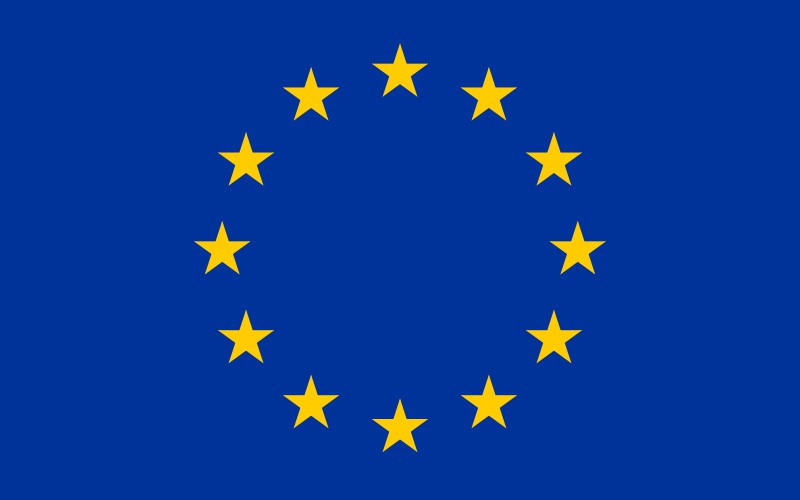Somaliland: Defusing tension around natural resources
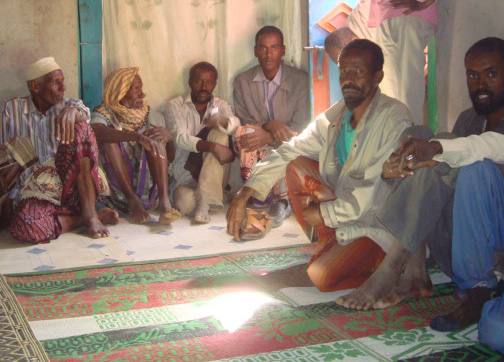
Recently, in the north-east of Somaliland, a local conflict over land and resources such as pasture and water threatened to destabilize the entire region as it degenerated into a spiral of revenge killings between two sub-clans. Interpeace's local partner, the Academy for Peace and Development (APD), was called upon by the Minister of Defence, Ahmed Haji Ali (Adami), who hails from the area of conflict, to organize a mediation meeting between clan elders to defuse the tension and put an end to the feud. This reconciliation initiative enabled the clans to reach an agreement that, it is hoped, will restore access to resources and foster peace in the region.
A threat to regional security
The Sanaag Region is a major multi-communal hub, the point of convergence of four clans, and tensions dating back to the Somali civil war still persist. However, thanks to reconciliation efforts by the local clan elders themselves, the situation in the region has been relatively calm for the last two decades, and disputes are often successfully mediated locally before they can escalate. In 2010, however, a disagreement over access to water led to the death of a man, which in turn triggered a series of revenge killings between two sub-clans.
Despite local-level mediation efforts, the violence continued to escalate. By the end of 2012, ten people had lost their lives, and the two clans were beginning to mobilize forces in earnest. This not only disrupted the livelihoods of the nomadic populations of the region, but also threatened to have broader political implications: one of the clans involved has generally aligned itself with Somaliland, whereas the other clan leans more towards Puntland. Therefore, a peacebuilding intervention was called for to avoid the risk of drawing the armed forces of both states into the conflict.
Addressing root causes
It was at this pivotal time that APD was approached independently by the Minister of Defence, the Governor of Sanaag and several clan leaders to assist with the organization of a mediation conference. The conference opened in January and brought together government officials and 50 clan elders from the two sub-clans and clans involved in the conflict as well as from the two other clans present in the region, who were neutral in this instance.
"It was important that the outcome of the meeting address the roots of the conflict," explains a participant in the conference. "The opportunity was used not only to resolve this dispute and decide on compensation measures, but also to commit to upholding peace and reach an agreement on access to grazing land and water points."
Reconciliation driven by community leaders
During the conference, it was very clear that the elders were preoccupied with the conflict and attached great importance to its resolution, as well as to the preservation of peace in the future. The mediation confirmed that the clans are generally committed to maintaining peaceful relations but sometimes simply need a bit of extra assistance to put their dispute settlement efforts on track. The support provided by APD was, therefore, instrumental in reinforcing existing conflict-resolution mechanisms.
Made possible with the support of the European Commission and the contributions from DANIDA, Norway, Sweden, the Swiss Confederation and USAID Somalia.
|
|
 |
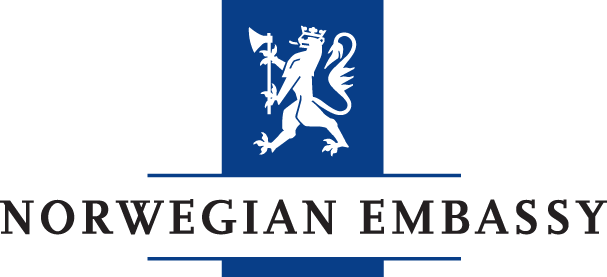 |
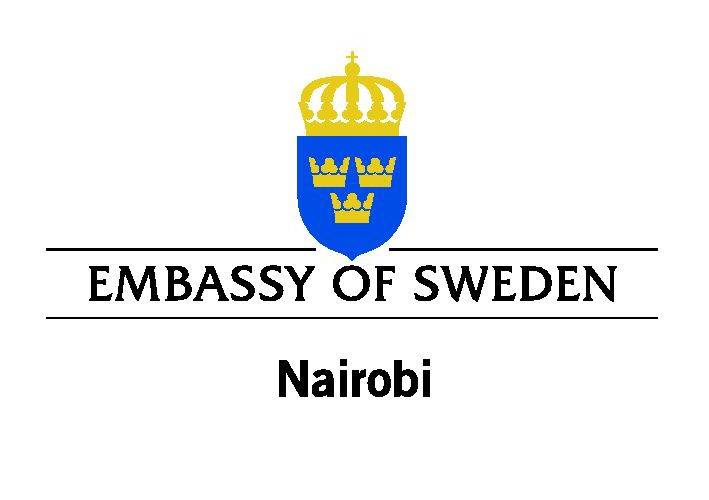 |
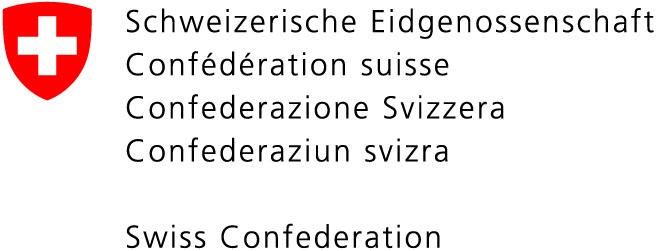 |
